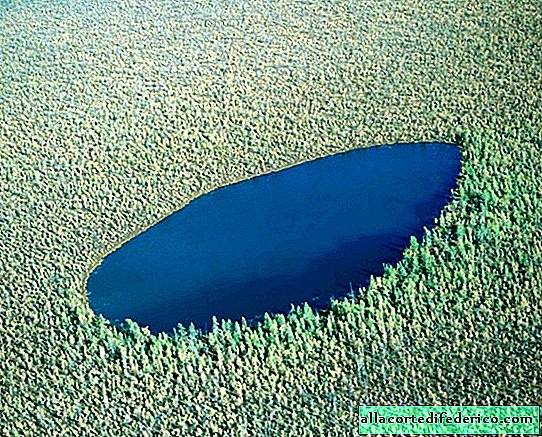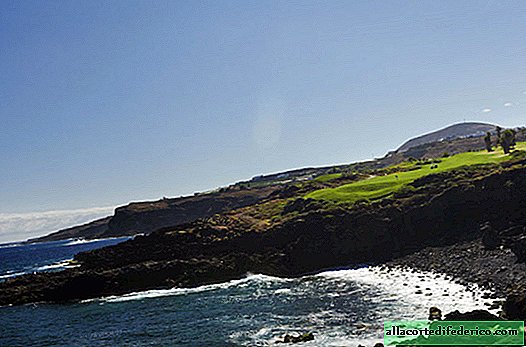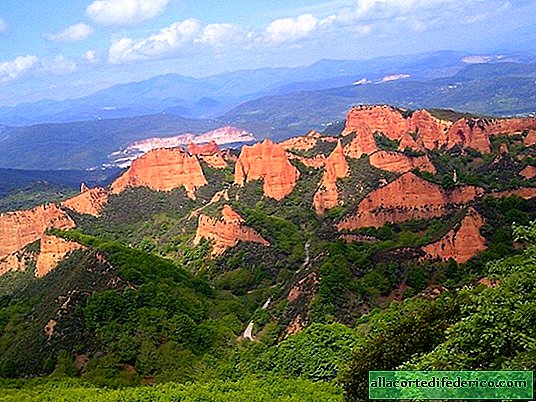21st Century Global Resettlement: These States Soon Will Disappear from the World Map
These states know firsthand what an increase in sea level is. Every year due to its offensive, the territory of these states is reduced, forcing people to move inland. But these reserves are coming to an end: the area of these countries is catastrophically decreasing, and the leadership is negotiating with neighboring states about the purchase of land and the near resettlement of people. According to scientists, these countries may disappear in 30-70 years.

The main news channels and do not trumpet this issue at United Nations meetings. Meanwhile, more than 500,000 people live in these countries, and most likely their children and grandchildren will already live in another state. All these regions are united by an island position and a small land height relative to ocean level. The coastline shifts annually inland annually, with significant losses from agriculture and the economy as a whole.
Many of these states are already negotiating with their neighbors about the purchase of land or lease of territory for the resettlement of people in the near future, but someone has already acquired it. The leadership of these countries understands that if a miracle does not occur, they will disappear before the end of this century.
Maldives

The Republic of Maldives, with about 400,000 inhabitants, is located in the Indian Ocean, south of India. The entire territory of the Maldives is more than a thousand coral islands (atolls), whose area is about 300 square meters. km Today, the Maldives is the lowest state on Earth. The average height of the islands does not exceed 1 meter, and the maximum point is located at a height of only 2 meters. Maldives is known as a beautiful resort that is visited by thousands of tourists every year. Part of the profits from the tourism sector goes to a special fund. It is expected that in the near future these funds will be transferred for the acquisition of land and the relocation of residents.
 Male - the capital of the Maldives
Male - the capital of the MaldivesTuvalu

Another state facing extinction is Tuvalu. About 11,000 people live on the coral islands. The state of Tuvalu is located on the expanses of the Pacific Ocean in Polynesia. At the disposal of this country are only 9 small islands with a total area of 25 square meters. km The highest point of the country is only 5 meters, and today the inhabitants of Tuvalu are experiencing the negative consequences of rising sea levels. Soil salinization is occurring, and the territories suitable for farming are becoming less and less. In the event of a worsening situation, the country's leadership is considering the possibility of relocation to Australia, New Zealand or Fiji.
 Tuvalu
TuvaluRepublic of Kiribati

This state with a population of just over 100,000 people is also located in the Pacific Ocean and occupies 33 islands. Despite the lucky number, the situation of this country cannot be called joyful. Almost the entire territory of the state is low-lying atolls, which are threatened with complete extinction. Of the 33 islands, only one is the so-called elevated atoll, that is, it has a significant height compared to the rest, and its maximum point rises above the ocean by 81 meters. But living on it is impossible. The fact is that on the territory of this island there was an active extraction of phosphates, after which it became unsuitable for life. The rest of the islands slowly go under water, and the country's leadership recently bought about 2.5 hectares from Fiji.
 Kiribati: the ocean is coming
Kiribati: the ocean is comingNauru

Another state also located in the Pacific Ocean that is threatened by an environmental disaster is Nauru. A country with a population of just over 10,000 consists of just one island - the raised coral atoll of Nauru. But due to the fact that phosphate was also mined on the island, its ecology was severely damaged. With increasing levels of the oceans, the habitable territories are becoming less and less.
 Nauru Island
Nauru Island

















